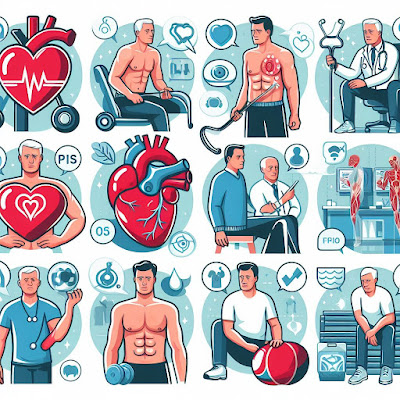Introduction: The Essence of Healthy Aging
As we journey through life, embracing healthy aging becomes paramount to maintaining vitality, independence, and overall well-being. In this comprehensive guide, we delve into effective strategies for promoting healthy aging, empowering individuals to thrive physically, mentally, and emotionally as they age gracefully.
 |
| Healthy Aging Strategies |
Understanding Healthy Aging: A Holistic Approach
Healthy aging encompasses a holistic approach that addresses physical, mental, emotional, and social aspects of well-being. Key components include:
- Physical Health: Prioritizing nutrition, exercise, and preventive healthcare to support optimal physical health and vitality.
- Mental Well-being: Cultivating cognitive resilience, engaging in lifelong learning, and nurturing emotional wellness to promote mental acuity and psychological resilience.



















